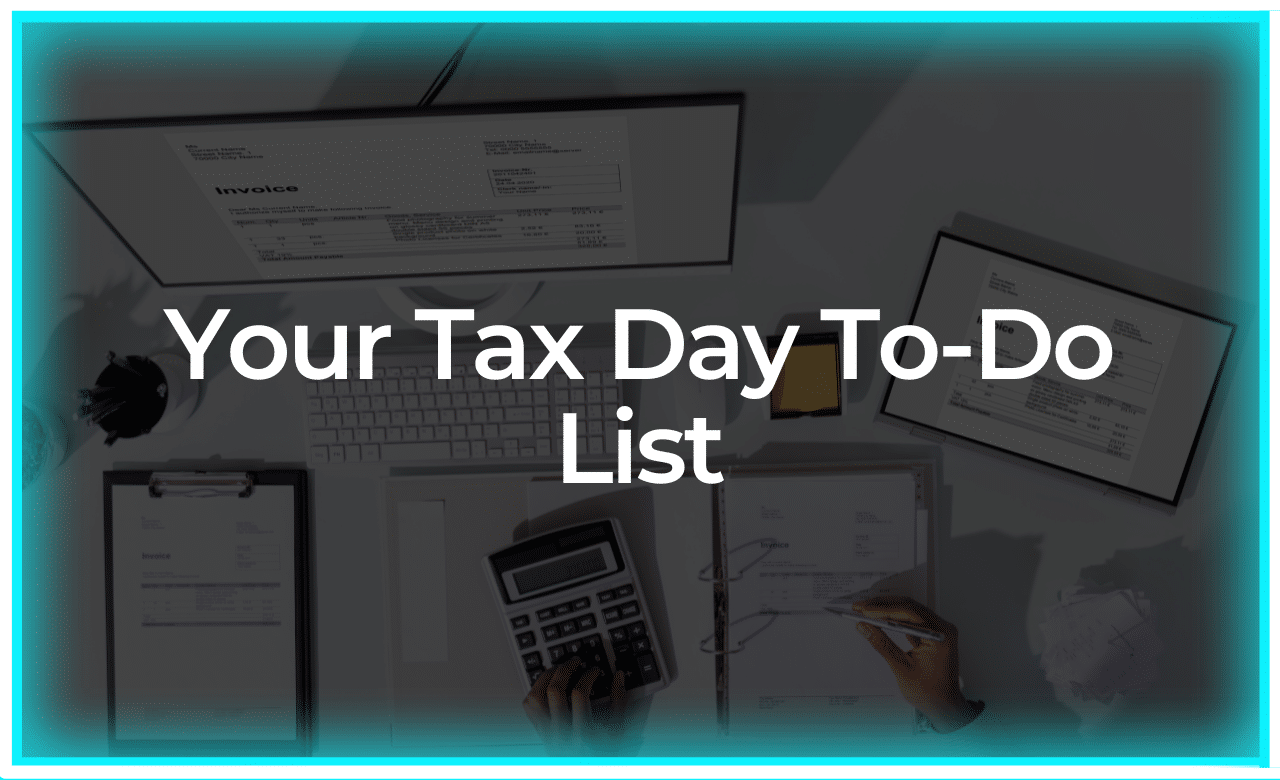Hi, I’m Bette Hochberger, CPA, CGMA. Tax day can feel overwhelming, but with a bit of preparation, you can breeze through it with ease. Whether you’re a expert filer or doing your taxes for the first time, having a checklist ensures you don’t miss anything important. Let’s break down what you need to do to make tax day as stress-free as possible.
Gather All Necessary Documents
The first step is to gather all the documents you’ll need. These include:
- Income Statements: Collect all W-2s and 1099 forms from employers and clients. If you have multiple income sources, ensure you have documentation for each.
- Investment Income: Gather 1099 forms for any dividends, interest, or other investment income.
- Retirement Income: If you receive retirement income, ensure you have the relevant 1099-R forms.
- Social Security: If applicable, have your SSA-1099 form ready.
Organize Your Deductions and Credits
Maximizing your deductions and credits can significantly reduce your tax bill. Here’s what to organize:
- Medical Expenses: Collect receipts and records for any medical expenses that may be deductible.
- Charitable Contributions: Gather donation receipts from charitable organizations.
- Education Expenses: If you paid for education, gather tuition statements (Form 1098-T) and related receipts.
- Mortgage Interest: Have your Form 1098 from your mortgage lender.
- Childcare Costs: If you paid for childcare, gather statements and receipts.
Review Your Previous Year’s Return
Reviewing last year’s tax return can provide valuable insights. It helps you recall deductions and credits you claimed previously, ensuring you don’t overlook anything.
Decide How to File
You have several options for filing your taxes. Choose the one that best suits your needs:
- DIY with Software: Many online tax preparation services guide you through the process and help you maximize deductions.
- Hire a Professional: If your taxes are complex, hiring a CPA or tax professional can save time and stress.
- Free Filing Options: If you meet certain income criteria, you may qualify for free filing through IRS Free File programs.
Plan for Payment or Refund
Once your return is complete, you’ll either owe taxes or be eligible for a refund. If you owe, plan how you will pay your taxes. You can pay electronically, by check, or set up a payment plan if needed. If you’re getting a refund, decide how you want to receive it—direct deposit is usually the fastest option.
Double-Check Everything
Before submitting your tax return, take a moment to double-check all your entries. Ensure your personal information, Social Security numbers, and bank details are correct. Verify that all your income is reported and that you’ve claimed all eligible deductions and credits.
Submit Your Return
Finally, submit your return electronically or by mail. Filing electronically is quicker and reduces the chance of errors. If mailing, ensure it is postmarked by the tax deadline.
Keep Copies of Your Return
After filing, keep a copy of your tax return and all supporting documents for at least three years. This is essential in case of an audit or if you need to reference it for future filings.
Tax day doesn’t have to be stressful. If you follow this checklist, you can ensure you have everything you need to file accurately and on time. Staying organized and prepared will help make tax day a breeze. Always feel free to schedule a meeting with us if you need help!
As always, stay safe, and I’ll see you next time!










